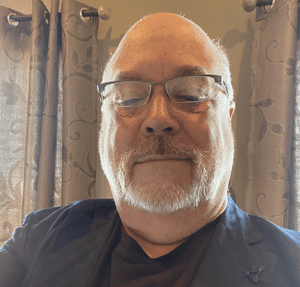Investors applauded the announcement, sending the company’s shares (ticker: CSH) up $4.11, or 7.3 percent, in heavy trading to close at $60.63, a new high.
Cash America said it will retain 35 to 49 percent of Enova after the offering, which it said is subject to market conditions. Chief Financial Officer Tom Bessant said the percentage will depend on whether underwriters exercise overallotments to meet market demand for shares.
Enova makes consumer loans averaging a little more than $500 via the Internet in the United States, Canada, U.K. and Australia. Some are short-term “payday” loans of seven to 45 days, and others, especially in the U.K., are installment loans repayable over four months to three years.
Last year it made nearly 5 million loans, according to a disclosure statement filed Thursday with the Securities and Exchange Commission.
Enova was founded in 2004 in Chicago, where its offices and management team remain, Bessant said. Cash America acquired Enova five years ago for about $250 million, including $35 million upfront and additional payments that were contingent on the company’s performance, he said.
Enova’s CEO will be Timothy Ho. Cash America CEO Dan Feehan will serve as executive chairman.
“It’s been a wonderful acquisition,” Bessant said, but Cash America found that “the market couldn’t differentiate between Cash America’s bricks-and-mortar business and our e-commerce,” which consists entirely of Enova’s operations. He said the spinoff will give Enova “its own identity” and allow it to be valued for its own operations.
The spinoff could also limit Cash America’s exposure to regulatory changes affecting payday lending. In recent years, several states have tightened restrictions on rates and how many times a payday loan can be renewed, and the new Consumer Financial Protection Bureau could create new federal rules.
“Investors like the pawn business” and will likely reward Cash America for making payday lending a smaller part of its operations, said David Burtzlaff, a financial analyst who follows the company for the Dallas office of Stephens Inc. But even if U.S. laws are toughened, a growing share of the online payday business is overseas, he said, and in any event, “I don’t think the short-term credit product will be eliminated.”
Cash America, the world’s largest pawn shop chain, initially resisted entering the payday loan business. But in 1999 it concluded that its pawn operations were losing too much business to payday lenders, and it started test-marketing the loans, which carry a fee based on loan size.
Pawn loans and merchandise sales still make up most of Cash America’s revenue, but payday loans have grown steadily.
In the first six months of the year, payday loan fees accounted for $256 million, or 37 percent, of the company’s $689 million in total revenue.
According to Enova’s SEC filing, it took in $203.3 million in revenue in the first six months of 2011, up 19 percent from the same period a year ago. Net income was $19.2 million, up 44 percent. For all of 2010, Enova earned $24.8 million on revenue of $378 million.
Enova said it expects to use proceeds of the IPO to repay Cash America $353 million in intercompany debt.
UBS, Barclays Capital and Jefferies & Co. are lead underwriters for the IPO. Enova’s shares are expected to trade on the New York Stock Exchange under the ticker symbol ENVA.
Jim Fuquay, 817-390-7552

